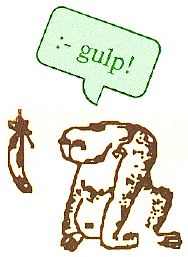By Federico Capuzzimati
Università di Torino
16/10/2016.
Abstract
Socio-technical system design is characterized by a precise identification of social relations and their evolution, a perspective that is proven to be suitable for modeling large organizational realities. This thesis presents 2COMM, a middleware for helping in realizing STS as Multi-Agent Systems through an explicit support for modeling interactions among participants. To this aim, 2COMM provides a library that enables modeling and development of pattern of interactions, by means of which agents reason and deliberate based on the evolution of their social relationships. 2 COMM does not bind itself to a specific platform; instead, it makes use of connectors to augment actual agent platforms with social entities and primitives. Both agents and social relationships are first-class entities of the model; social relationships are resources, available to agents, who use them in their practical reasoning. The main advantage of this approach is a natural way of modeling multi-party, cross-organizational systems is provided, starting from the connections among parties to provide an explicit interaction locus. Consequently, development of agents is led by interaction patterns provided by the system, regardless of the implementation choices of each agent. 2COMM makes use of and extends the well-known platform CArtAgO for modeling social relationships as resources available to agents. To test 2 COMM on the field, two connectors are presented, that plug 2 COMM into two popular agent platforms: JADE and Jason. 2 COMM is a social-driven agent-based approach, that simplifies the overall engineering of a system augmenting existing platforms and allows a flexible, scalable modeling
FULL TEXT
